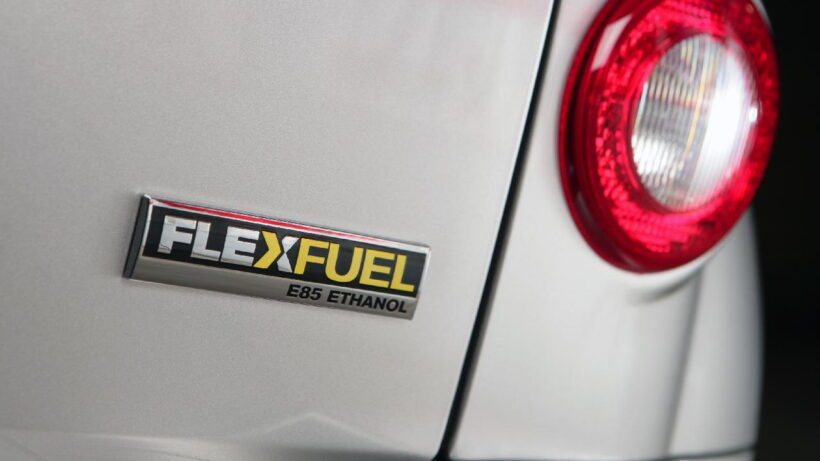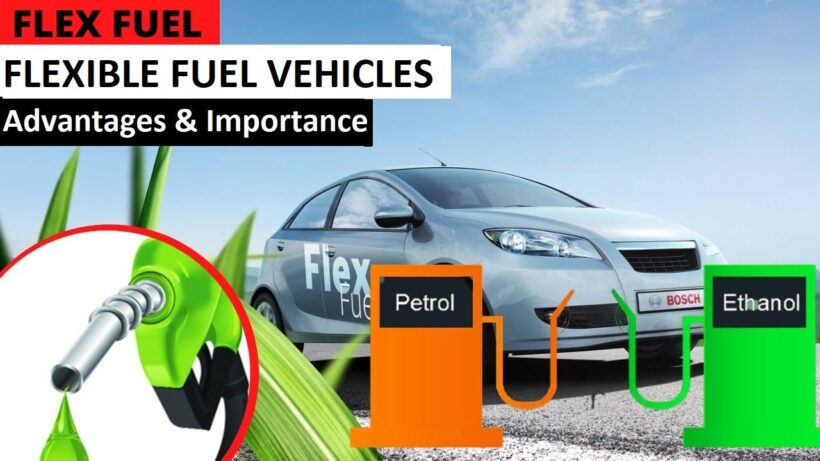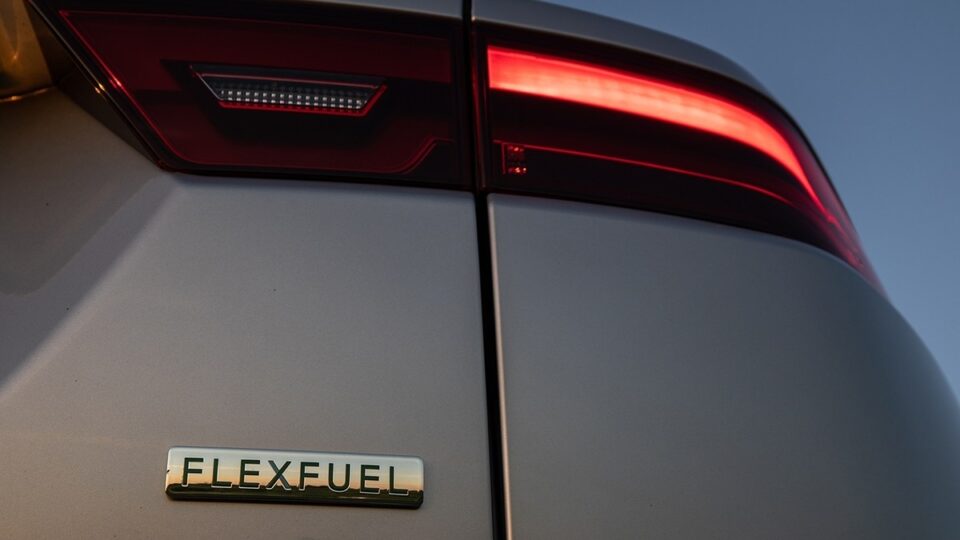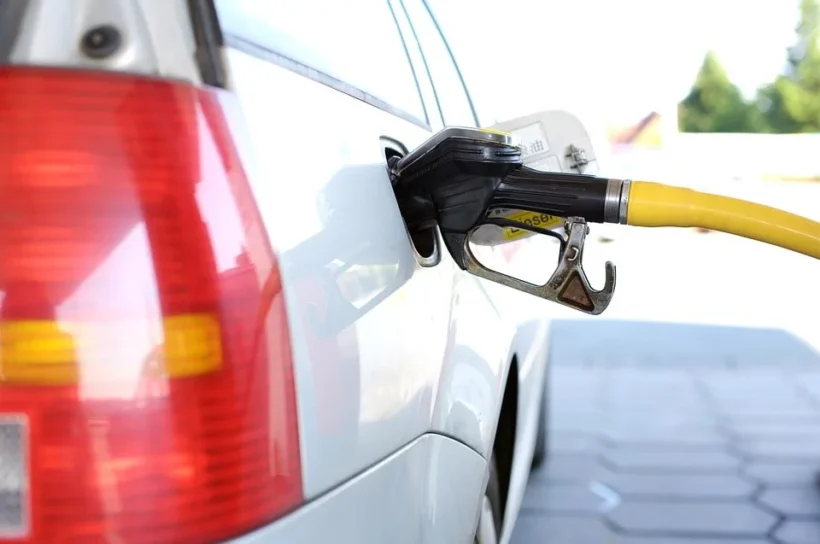When it comes to making an informed decision about buying a new car, understanding the nuances of your fuel options can be a game-changer. Flex fuel vehicles (FFVs) offer a unique alternative to traditional gasoline-powered cars, allowing drivers to utilize a mix of ethanol and gasoline. This flexibility not only helps in reducing environmental impact but also can lead to potential savings and a smoother driving experience. If you’re pondering whether a flex fuel car fits your lifestyle, here are some essential insights to guide you through the perks of owning one.
Enhanced Fuel Availability
One of the foremost advantages of owning a flex fuel vehicle is the vast availability of E85, a blend of ethanol with gasoline, which is becoming more accessible across the United States. Flex fuel cars give you the freedom to switch between standard gasoline and E85 without a hitch.
This could mean fewer worries about finding a suitable fuel station on your travels. More importantly, during times of fuel price spikes or shortages in gasoline, having the option to use a different fuel type can be a significant relief.
Contribution to Environmental Conservation
Looking at alternative fuel sources for your car, it’s evident that flex fuel vehicles have a greener footprint. By utilizing ethanol-blended fuels, FFVs contribute to lower carbon emissions compared to their gasoline-only counterparts.
Ethanol is derived from corn and other crop bases, making it a more renewable resource that helps reduce overall greenhouse gas emissions. This shift towards more sustainable energy sources is not just good for the planet but also coincides with global efforts to combat climate change, making it a responsible and cost effective choice for eco-conscious drivers.
Cost-Effective Modifications and Enhancements
Flex fuel vehicles are not just about fuel efficiency; they are also about adaptability and cost-effective modifications. For those who are enthusiastic about car modifications, adding a flex fuel kit to your vehicle can enhance its performance and allow it to operate more efficiently on different fuel types.
This kit typically includes sensors and software adjustments that help the engine adjust to varying fuel compositions. What’s great about these kits is that they are more reasonably priced and can also be installed on many different models of cars, increasing the versatility of your vehicle’s performance. This section is pivotal as it underscores the practical benefits and transformative potential of flex fuel technology in personal transportation.
Boosted Engine Performance

One of the less talked about yet significant benefits of flex fuel vehicles is the potential boost in engine performance. Ethanol as a fuel has a higher octane rating than regular gasoline, which can lead to increased horsepower and torque. This means that when using E85, your vehicle might not just run cleaner, but it could also run stronger.
For car lovers and everyday drivers alike, this can translate into a more enjoyable and responsive driving experience. Also, because ethanol burns cleaner, it can also help reduce engine grime, potentially leading to longer engine life and reduced maintenance costs over time.
Supporting Domestic Industries
Flex fuel vehicles play a crucial role in supporting domestic agriculture and energy industries. Since ethanol is primarily sourced from corn and other crops grown in the United States, opting for a flex fuel vehicle can help bolster the domestic economy. This support aids in job creation within the agricultural sector and lessens the nation’s dependence on foreign oil.
Also, the ethanol industry is continually evolving, with advancements in technology and production methods, ensuring that this sector remains robust and sustainable. By choosing a flex fuel vehicle, you’re not just making a choice for a cleaner environment, but also contributing to an economically sound and independent national energy strategy.
Performance in Different Climates
Another aspect to consider when thinking about FFVs is their performance across various climates. Flex fuel vehicles are designed to handle ethanol’s different properties, which can be particularly advantageous in colder climates. Ethanol tends to burn cleaner and can improve cold-start performance compared to gasoline. This means that in colder weather, your FFV might start more smoothly and quickly, reducing the wear and tear on your engine over time.
Conversely, in warmer climates, ethanol’s higher evaporation point can be beneficial. This characteristic can reduce the likelihood of vapor lock, a common issue with gasoline engines in hot weather. The ability to adapt to different weather conditions enhances the overall reliability and longevity of FFVs, making them a practical choice for diverse driving environments.
Price Stability
In addition to the environmental and performance benefits, FFVs offer a measure of stability when it comes to prices. The cost of ethanol-blended options like E85 can be more stable than gasoline prices, which are often subject to international market fluctuations and geopolitical tensions. By having the option to switch to E85, drivers can potentially avoid some of the volatility associated with gasoline.
Moreover, as the production of ethanol becomes more efficient and widespread, the cost of E85 is expected to become even more competitive. This price stability can provide a more predictable and manageable budget for drivers, adding another layer of economic benefit to owning a flex fuel vehicle.
Tax Incentives and Savings

Finally, purchasing a flex fuel vehicle can also lead to more financial benefits in the form of tax incentives and savings. Many regions offer tax credits, reduced vehicle registration fees, and other important incentives to encourage the adoption of eco-friendly vehicles, including FFVs.
These financial incentives can significantly lower the upfront cost of purchasing a flex fuel vehicle and improve the overall cost-effectiveness of your investment. Plus, depending on the fluctuating prices of ethanol versus gasoline, using E85 can sometimes result in direct savings at the pump, making it an economically wise choice in the long term.
Flex fuel vehicles represent a versatile and forward-thinking option for car buyers looking to reduce their environmental impact, enjoy enhanced vehicle performance, and support domestic industries. From the availability of alternative fuels that cushion against gasoline shortages to the exciting potential of boosted engine performance and economic benefits, FFVs offer a range of advantages.


